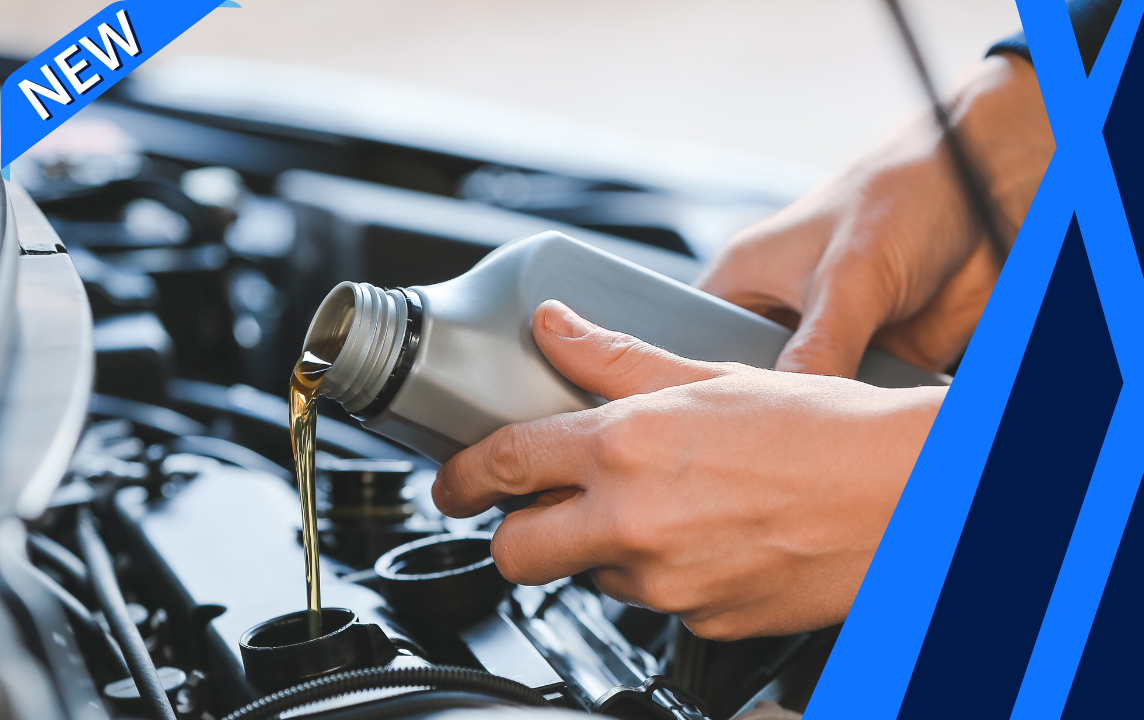Description
Battery will not hold a charge Inspection
How this system works:
In a normal system, it works like this: Your battery supplies power to the starter and the main relay. The main relay powers the fuel pump and computer. The battery also supplies the initial electric spark to the spark plugs. Once the engine is cranked, the alternator begins turning, generating the electricity necessary to recharge the battery and power the engine and other components.
The alternator should always provide enough electricity to recharge the battery and power your other components. If it does not, then the electricity needed comes from the battery and because it’s not being recharged. Of course, automotive batteries have a limited lifespan – they should be checked regularly after they’re about three years of age (although it’s wise to have them checked at least twice a year no matter how new they might be).
If your battery won’t hold a charge, it means there are problems within the system that are either preventing the battery from being recharged or draining the battery when the engine is off.
Common reasons for this to happen:
- Bad Cell: Batteries will eventually die no matter what. They will develop a bad cell that prevents them from holding a charge and will need to be replaced. This is part of normal vehicle maintenance. Have your battery tested every Spring and Fall to ensure that you’re able to avoid being stranded by a failed battery. Batteries most commonly “die” during hot and cold weather.
- Low Water: Some batteries have to fill holes that allow you to maintain them, although most modern batteries are maintenance-free and don’t allow you to add water. If you have a maintainable battery, topping off the water level may solve the problem.
- Bad Alternator: If the alternator is not charging the battery while the engine operates, the battery will not hold a charge. This is most noticeable if you jump the battery and the engine runs for a while, only to eventually die. It is also observable by watching your headlights – while the engine is running, check the lights. If they start bright but slowly fade, chances are good that the problem is the alternator, not the battery.
- Corroded Battery Cables: Battery cables and terminals can suffer from corrosion. As it builds up, this corrosion prevents solid contact and can limit the charge being supplied to the battery from the alternator. Regular maintenance of your battery can prevent this.
- Loose Alternator Belt: If the alternator belt is loose (old and stretched), it will not operate the alternator properly, which means that the charge the alternator produces may not be enough to recharge the battery.
- Parasitic Drain: It might be that your battery and alternator are just fine, but there’s something else draining the charge. This could be something as simple as leaving the lights on, having an accessory plugged into an “always-on” power outlet, or it could be a stuck relay or something else that pulls power from the battery when the engine isn’t running.
What to expect:
A top-rated mobile mechanic will come to your office, home or other location to inspect the battery, the alternator and other components of the charging system. The mechanic will then provide a detailed inspection report that includes the scope and cost of the necessary repairs.
How it’s done:
The mechanic will test your battery, alternator and starter. The mechanic will also check for parasitic drain and other problems that might make your battery not hold a charge. It may be necessary to replace your battery in order to diagnose other system-wide problems (if the battery has developed a bad cell).
How important is this service?
If your battery won’t hold a charge, it’s not safe to drive your car. Even if your alternator is working fine, turning the car off for something as simple as stopping at the petrol station will mean that the engine won’t crank and you’ll need to jump it off. One of our top-rated mechanics can diagnose the problem and get you back up and running.




